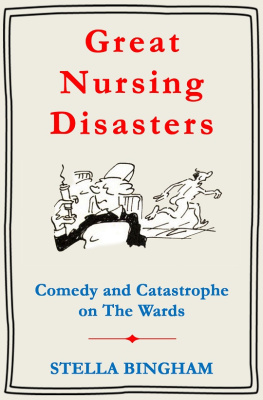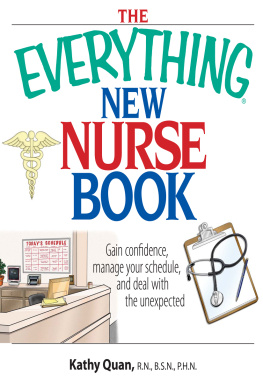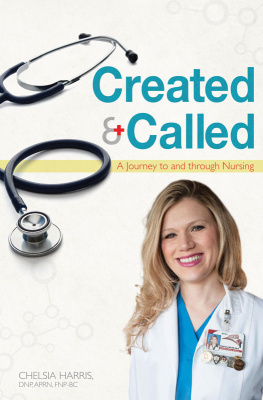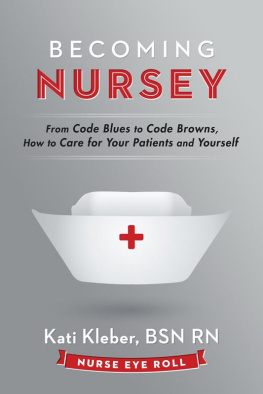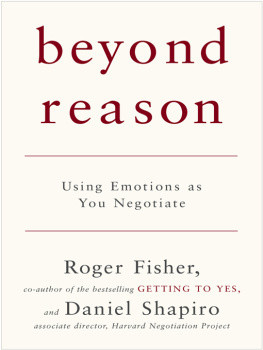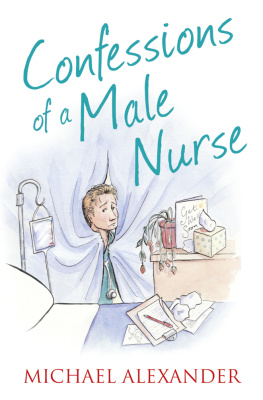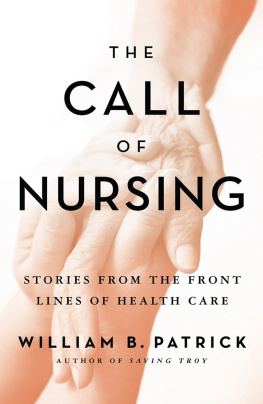Sue Fisher - Nursing Wounds: Nurse Practitioners, Doctors, Women Patients and the Negotiation of Meaning
Here you can read online Sue Fisher - Nursing Wounds: Nurse Practitioners, Doctors, Women Patients and the Negotiation of Meaning full text of the book (entire story) in english for free. Download pdf and epub, get meaning, cover and reviews about this ebook. year: 1995, publisher: Rutgers Univ Pr, genre: Home and family. Description of the work, (preface) as well as reviews are available. Best literature library LitArk.com created for fans of good reading and offers a wide selection of genres:
Romance novel
Science fiction
Adventure
Detective
Science
History
Home and family
Prose
Art
Politics
Computer
Non-fiction
Religion
Business
Children
Humor
Choose a favorite category and find really read worthwhile books. Enjoy immersion in the world of imagination, feel the emotions of the characters or learn something new for yourself, make an fascinating discovery.

- Book:Nursing Wounds: Nurse Practitioners, Doctors, Women Patients and the Negotiation of Meaning
- Author:
- Publisher:Rutgers Univ Pr
- Genre:
- Year:1995
- Rating:4 / 5
- Favourites:Add to favourites
- Your mark:
Nursing Wounds: Nurse Practitioners, Doctors, Women Patients and the Negotiation of Meaning: summary, description and annotation
We offer to read an annotation, description, summary or preface (depends on what the author of the book "Nursing Wounds: Nurse Practitioners, Doctors, Women Patients and the Negotiation of Meaning" wrote himself). If you haven't found the necessary information about the book — write in the comments, we will try to find it.
Sue Fisher: author's other books
Who wrote Nursing Wounds: Nurse Practitioners, Doctors, Women Patients and the Negotiation of Meaning? Find out the surname, the name of the author of the book and a list of all author's works by series.



